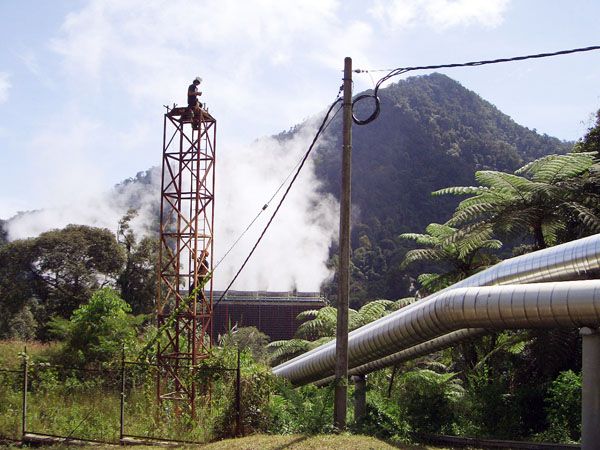Contact us
- About us
- What we do
- Our work & impact
- News & insights
- Careers
- Purchase credits directly in our Marketplace
About us
View all



- About us About us
- Mission
- Leadership
- Locations
- Our commitment to integrity

Our commitment to integrity

The South Pole Net Zero Report 2025
We are committed to integrity in carbon project risk management, quality & compliance protocols.
Find out more
- About us What we do
- Climate Consulting
- Environmental Certificates
- Project Finance

Our commitment to integrity

The South Pole Net Zero Report 2025
We are committed to integrity in carbon project risk management, quality & compliance protocols.
Find out more
- About us Work & impact
- South Pole at work
- Discover our projects
- South Pole’s 2023 Sustainability Report
- The 2025 South Pole Net Zero Report

Our commitment to integrity

The South Pole Net Zero Report 2025
We are committed to integrity in carbon project risk management, quality & compliance protocols.
Find out more

Our commitment to integrity

The South Pole Net Zero Report 2025
We are committed to integrity in carbon project risk management, quality & compliance protocols.
Find out more
What we do
View all



- What we do Climate Consulting
- Navigate regulations, measure & report impact & risks
- Set targets & roadmaps, mitigate risks & build resilience
- Act on value chain, engage stakeholders

Purchase carbon credits and finance climate action

The South Pole Net Zero Report 2025
We are committed to integrity in carbon project risk management, quality & compliance protocols.
Read more
- What we do Environmental Certificates
- Understand markets and plan a future-ready portfolio
- Purchase-ready carbon credits & environmental certificates
- Secure a long-term stream of carbon credits

Purchase carbon credits and finance climate action

The South Pole Net Zero Report 2025
We are committed to integrity in carbon project risk management, quality & compliance protocols.
Read more
- What we do Project Finance
- Finance decarbonisation at scale
- Discover our projects

Purchase carbon credits and finance climate action

The South Pole Net Zero Report 2025
We are committed to integrity in carbon project risk management, quality & compliance protocols.
Read more

Purchase carbon credits and finance climate action

The South Pole Net Zero Report 2025
We are committed to integrity in carbon project risk management, quality & compliance protocols.
Read more
Our work & impact
View all



- Our work & impact South Pole at work
- Driving net zero plastic to nature for Bentley
- Building a net zero roadmap for Nestlé
- Insuring a greener future with Singlife
- A roadmap for delivering emission reductions with Sendle
- View all

The South Pole Net Zero Report 2025

South Pole’s 2023 Sustainability Report
We are committed to integrity in carbon project risk management, quality & compliance protocols.
Read more
- Our work & impact Who we work with
- Businesses
- Financial Sector & Capital Markets
- Public Sector
- Philanthropy Partnerships
- View all

The South Pole Net Zero Report 2025

South Pole’s 2023 Sustainability Report
We are committed to integrity in carbon project risk management, quality & compliance protocols.
Read more
- Our work & impact Discover our projects
- Nature Based Solutions
- Community and Clean Water
- Renewable Energy
- Waste to Energy
- Plastic Solutions
- View all

The South Pole Net Zero Report 2025

South Pole’s 2023 Sustainability Report
We are committed to integrity in carbon project risk management, quality & compliance protocols.
Read more

The South Pole Net Zero Report 2025

South Pole’s 2023 Sustainability Report
We are committed to integrity in carbon project risk management, quality & compliance protocols.
Read more
News & insights
View all

- News & insights News
- Latest News
- Press releases
We are committed to integrity in carbon project risk management, quality & compliance protocols.
Read more
- News & insights Events
- Upcoming events
- Past events
- Webinar Series: SBTi Net Zero Consultation
- Webinar: Net zero & your business – navigating the changing financial landscape
We are committed to integrity in carbon project risk management, quality & compliance protocols.
Read more
- News & insights Penguin Perspectives Blog
- 2024 in review: Corporate decarbonisation and global climate action
- There is no net zero without a high integrity, functioning carbon market
- Getting ready for CSRD compliance
- View all
We are committed to integrity in carbon project risk management, quality & compliance protocols.
Read more
- News & insights Latest Downloads
- The 2025 South Pole Net Zero Report
- The 2025 Carbon Market Buyer’s Guide
- A Quick Guide to Climate Transition Plans
- A Quick Guide to the CSRD (Corporate Sustainability Reporting Directive)
- A Quick Guide to Article 6
- View all
We are committed to integrity in carbon project risk management, quality & compliance protocols.
Read more
We are committed to integrity in carbon project risk management, quality & compliance protocols.
Read more
About us
What we do
Our work & impact
News & insights

Our commitment to integrity

The South Pole Net Zero Report 2025

Purchase carbon credits and finance climate action

The South Pole Net Zero Report 2025

The South Pole Net Zero Report 2025

South Pole’s 2023 Sustainability Report
We are committed to integrity in carbon project risk management, quality & compliance protocols.
Find out more
We are committed to integrity in carbon project risk management, quality & compliance protocols.
Read more
We are committed to integrity in carbon project risk management, quality & compliance protocols.
Read more
We are committed to integrity in carbon project risk management, quality & compliance protocols.
Read more

